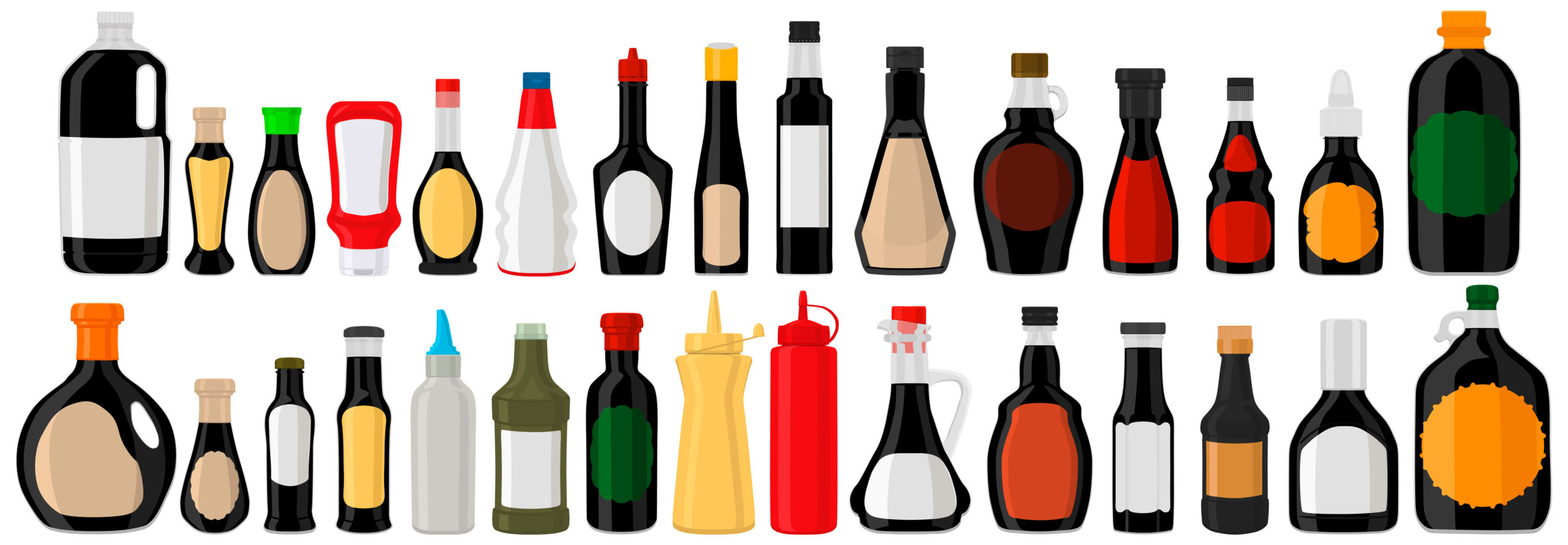
You avoid wheat, barley and rye. But did you know these foods may also contain gluten?
If you are following a gluten-free diet, either by necessity or choice, there are certain foods you know you have to avoid. These include foods made from wheat, barley and rye. But if you’re not careful about reading labels, you may be consuming gluten without even realizing it because gluten can be “hidden” in some processed foods.
Products manufactured in the U.S. that contain wheat or an ingredient derived from wheat must be clearly labeled since it is a common allergen. Products imported from outside the U.S. may not have similar requirements for listing wheat as an allergen. Additionally, there are no allergen warnings required for barley or rye.
Finding gluten-containing ingredients on a food label may also be a bit of a challenge. Some foods may be made with ingredients that come from gluten-containing grains but you need to know what to look for when checking labels. For example, malt and yeast extract come from barley. There are also additives that may be derived from gluten-containing grains, such as modified food starch, emulsifiers or flavoring agents.
When you absolutely can’t have gluten in your diet, these are some of the foods to be especially careful of because they may have hidden gluten in them, according to the Gluten Intolerance Group. Not all brands or all products listed here contain gluten, however. Also, this list is not all-inclusive so there may be other products that have gluten-containing ingredients in addition to ones listed here.
Foods that may contain hidden gluten:
-
-
- Soy sauce
- Teriyaki sauce
- Marinades
- Salad dressings
- Barbecue sauce
- Taco seasoning
- Vinegar
- Specialty ketchup or mustard
- Gravies
- Pickles
- Cooking spray
- Cereal (including corn flakes and crisped rice)
- Soup, broth or stock
- Deli meats
- Cheese
- Imitation meat and seafood products
- Sausage, hot dogs and salami
- Beef jerky
- Seasoned rice
- Frozen vegetables (with seasonings)
- French fries
- Energy bars
- Granola bars
- Flavored potato or corn chips
- Frozen dessert treats
- Chocolate
- Licorice
- Flavored coffee and tea
- Wine coolers, hard cider and hard lemonade
- Cocktail mixers
- Medications and supplements
-
Also keep in mind that almost all commercial oats are contaminated with gluten, even though oats aren’t a gluten-containing food. Most people who need to avoid gluten can eat small amounts (around ½ cup uncooked) of certified gluten-free oats. But a small percentage of people with celiac disease react the same way to the protein in oats as they do to gluten, so they may need to avoid oats.
Unless you have a medical reason for avoiding gluten completely, such as having celiac disease, you may not care if you consume small amounts of gluten. But if you need to completely eliminate gluten from your diet, you’ll need to become a savvy label reader and a bit of a detective to ensure there’s no hidden gluten in the foods you eat.
Copyright 2022 © Baldwin Publishing, Inc. All rights reserved.
Health eCooking® is a registered trademark of Baldwin Publishing, Inc. Cook eKitchen™ is a designated trademark of Baldwin Publishing, Inc. Any duplication or distribution of the information contained herein without the express approval of Baldwin Publishing, Inc. is strictly prohibited.
Date Last Reviewed: March 14, 2022
Editorial Review: Andrea Cohen, Editorial Director, Baldwin Publishing, Inc. Contact Editor
Dietary Review: Jane Schwartz, RDN, CLT
Learn more about Baldwin Publishing Inc. editorial policy, privacy policy, ADA compliance and sponsorship policy.
No information provided by Baldwin Publishing, Inc. in any article is a substitute for medical advice or treatment for any medical condition. Baldwin Publishing, Inc. strongly suggests that you use this information in consultation with your doctor or other health professional. Use or viewing of any Baldwin Publishing, Inc. article signifies your understanding and agreement to the disclaimer and acceptance of these terms of use.